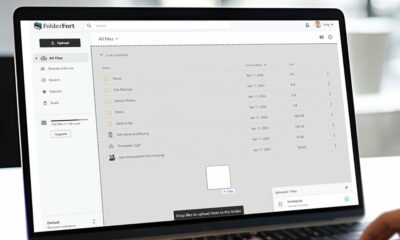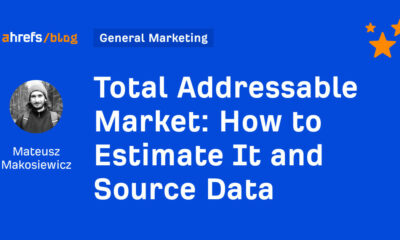SEARCHENGINES
Google Structured Data Error Reporting Gets More Descriptive Names

Google today has rolled out more specific, descriptive and contextually helpful names for the structured data error reporting it shows in Google Search Console rich result status reports, the Google Search Console URL inspection tool and Rich Results test. As Daniel Waisberg of Google clarified on Twitter “Don’t panic! It’s just a change of names.”
Google explained even if you haven’t changed your structured data markup:
- All your open issues that refer to nested properties will be automatically closed (for example, the Missing field “name” issue in the example above).
- You’ll see new open issues with more context about what’s missing (for example, the issue will say Missing field “name” (in “author”). To avoid overloading Search Console users with emails, Google won’t send notifications on the creation of these new issues.
Also, if you requested Google Search Console to validate a fix before the change, you will need to revalidate the new issues, going forward. Google also said “this is simply a change in the issue name, it will not affect how Search Console detects errors, and all the issues that are being closed will be replaced by a new issue with the additional context in the issue name.”
Here is a before and after screenshot of a structured data error:
Google posted a note over here explaining more details on how this will visually impact your open and closed issues:
Search Console changed the naming pattern of many structured data issues to include the name of the containing element in the issue name. As a result, we are closing all affected issues and opening the equivalent issues with the new naming pattern. You will not see any change in the number of affected entities on your site as a result of this, but you will see the changes in your issue history. We have suppressed any email notifications for this change. We hope you find the new issue naming schema useful.
This should go into effect today…
Forum discussion at Twitter.



















You must be logged in to post a comment Login